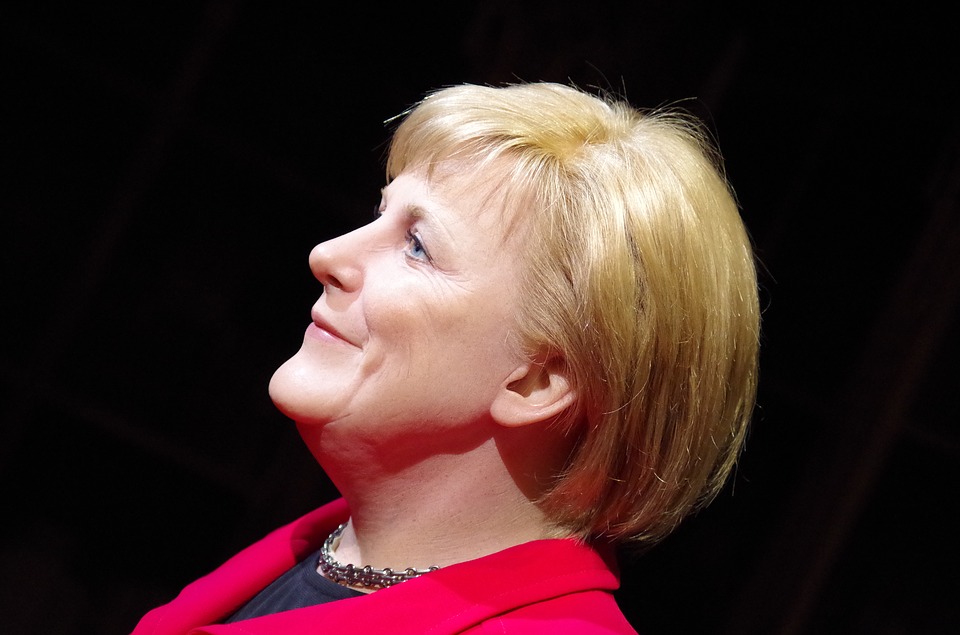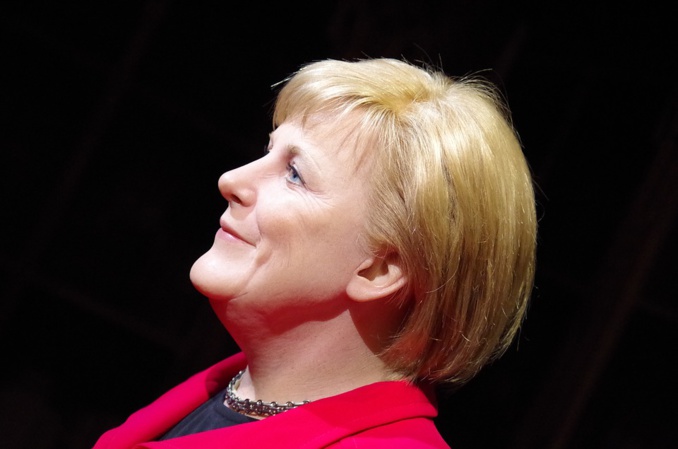German Chancellor Angela Merkel arrived in Andalusia to meet with Spanish Prime Minister Pedro Sanchez. The unofficial visit of the German leader lasted two days. During this time, in addition to bilateral and multilateral (within the EU) relations, the heads of government of the two countries discussed cooperation within the migration policies. The German side believes that the topic still requires "detailed discussion".
On Saturday, the bilateral treaty on the return of refugees, which Madrid and Berlin concluded this week, came into force. The document will allow returning to Spain those refugees who had filed an application for asylum there, but then decided to try their luck in Germany in violation of the current legislation. Not only this bilateral agreement will enable Germany to accept fewer refugees, but also to expel more illegal immigrants from the country. Besides, Berlin continues negotiations with other partners in the EU, including Greece and Italy, the countries which are accepting a record number of refugees. "We expect that all EU countries will comply with the agreements. And rescue in the sea is one of this agreements," German Foreign Minister Heiko Maas unequivocally hinted before the July talks with his Italian counterpart Enzo Moavero Milanesi.
Recall that the ruling coalition in Germany found itself on the verge of collapse in early July: Interior Minister Horst Seehofer announced his readiness to resign due to discontent with Mrs. Merkel's migration policy. Then, the ruling coalition (includes the Christian Democratic Union of Angela Merkel, Christian Social Union of Horst Seehofer and the Social Democratic Party of Germany) managed to agree on steps to resolve the migration situation, and, most importantly, nearly settled the question of creation of transit centers in the country. Since August 1, such special centers have opened in the south of the country, on the border with Austria. Meanwhile, representatives of Pan-European structures announced additional efforts to regulate migration flows. Following the decision to limit the number of migrants arriving in the EU and the creation of special transit centers in and outside the EU, in August the European Commission announced allocation of additional financial assistance to Greece in the amount of almost € 40 million to improve the reception conditions of migrants.
It seemed that the situation had stabilized somewhat by August. However, it's too early for the German government to relax: according to the July polls, 80% of Germans are dissatisfied with migration policy, and news on this topic are regularly emerging one in the media. In these conditions, the popularity of the anti-immigration party "Alternative for Germany" continues to grow. If the elections in Germany were already held tomorrow, a record part of the survey respondents (15%) would be ready to vote for it.
source: dw.de
On Saturday, the bilateral treaty on the return of refugees, which Madrid and Berlin concluded this week, came into force. The document will allow returning to Spain those refugees who had filed an application for asylum there, but then decided to try their luck in Germany in violation of the current legislation. Not only this bilateral agreement will enable Germany to accept fewer refugees, but also to expel more illegal immigrants from the country. Besides, Berlin continues negotiations with other partners in the EU, including Greece and Italy, the countries which are accepting a record number of refugees. "We expect that all EU countries will comply with the agreements. And rescue in the sea is one of this agreements," German Foreign Minister Heiko Maas unequivocally hinted before the July talks with his Italian counterpart Enzo Moavero Milanesi.
Recall that the ruling coalition in Germany found itself on the verge of collapse in early July: Interior Minister Horst Seehofer announced his readiness to resign due to discontent with Mrs. Merkel's migration policy. Then, the ruling coalition (includes the Christian Democratic Union of Angela Merkel, Christian Social Union of Horst Seehofer and the Social Democratic Party of Germany) managed to agree on steps to resolve the migration situation, and, most importantly, nearly settled the question of creation of transit centers in the country. Since August 1, such special centers have opened in the south of the country, on the border with Austria. Meanwhile, representatives of Pan-European structures announced additional efforts to regulate migration flows. Following the decision to limit the number of migrants arriving in the EU and the creation of special transit centers in and outside the EU, in August the European Commission announced allocation of additional financial assistance to Greece in the amount of almost € 40 million to improve the reception conditions of migrants.
It seemed that the situation had stabilized somewhat by August. However, it's too early for the German government to relax: according to the July polls, 80% of Germans are dissatisfied with migration policy, and news on this topic are regularly emerging one in the media. In these conditions, the popularity of the anti-immigration party "Alternative for Germany" continues to grow. If the elections in Germany were already held tomorrow, a record part of the survey respondents (15%) would be ready to vote for it.
source: dw.de



















